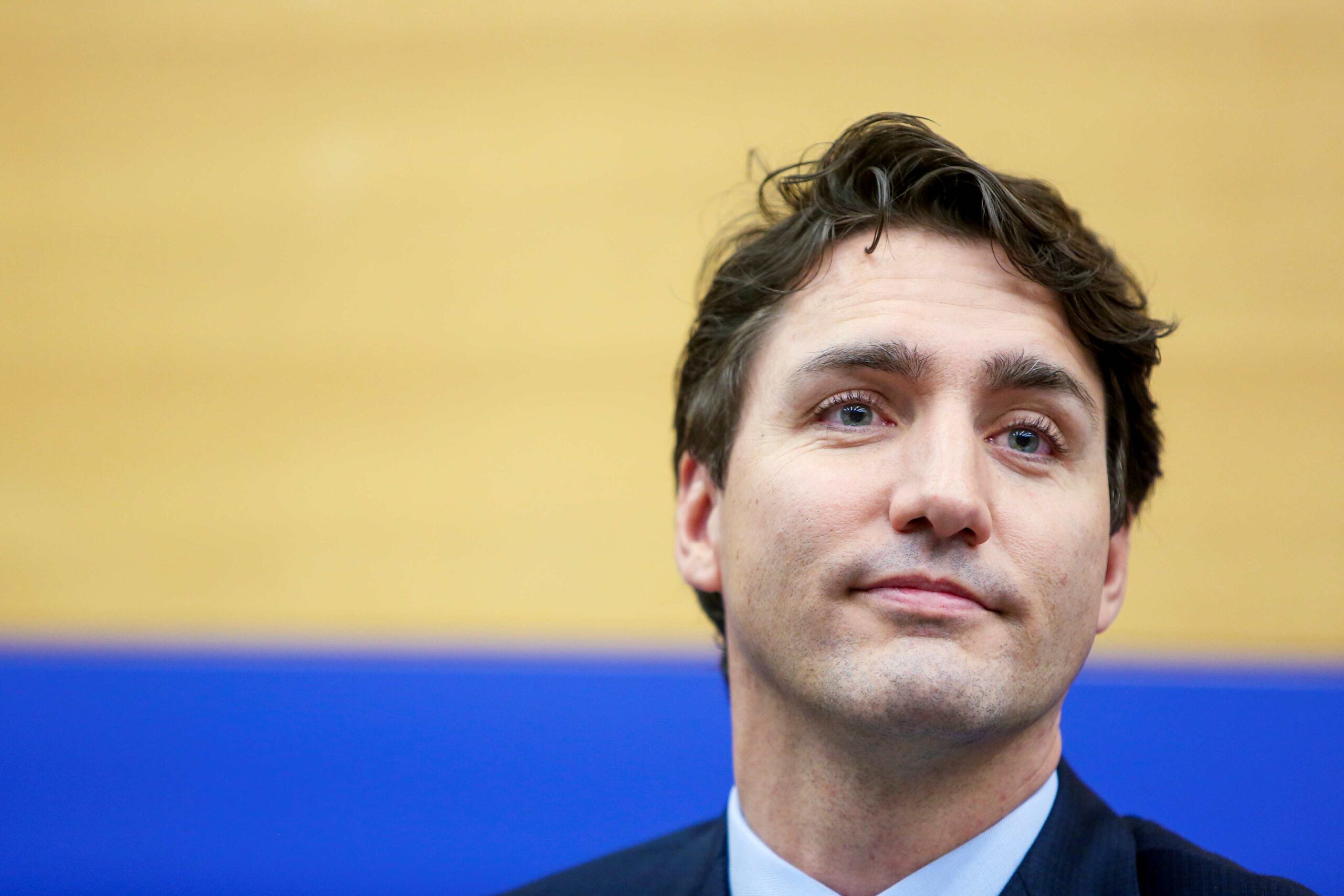The Justice Centre for Constitutional Freedoms (JCCF), along with plaintiffs John MacKinnon and Lisa Lavranos, has initiated a lawsuit in Federal Court to overturn Prime Minister Justin Trudeau’s recent decision to prorogue Parliament. The case seeks a judicial declaration that Parliament has not been lawfully prorogued and questions the constitutional validity of Trudeau’s decision.
The lawsuit draws parallels to a 2019 UK Supreme Court ruling that halted then-Prime Minister Boris Johnson’s attempt to prorogue Parliament in the lead-up to the Brexit deadline. In Canada, prorogation is a prerogative act of the Crown, carried out on the advice of the Prime Minister, which terminates a parliamentary session. This effectively releases members from their duties until the next session is convened.
Trudeau requested prorogation shortly after announcing his resignation as leader of the Liberal Party earlier this week, a move aimed at allowing his party to begin the process of selecting a new leader. Governor General Mary Simon, acting on the Prime Minister’s advice, approved the prorogation of the 44th Parliament.
Legal experts highlight that the case faces significant challenges. However, if the motion succeeds, it could annul the prorogation and potentially reconvene Parliament as early as January 27. The lawsuit underscores a debate over the limits of executive power in Canada and the judiciary’s role in constitutional oversight.
The Governor General, as the King’s representative, typically approves requests for prorogation to avoid interfering with the democratic process. Precedents exist for prorogation in contentious situations, such as in 2008, when then-Prime Minister Stephen Harper successfully sought prorogation to prevent opposition parties from defeating his minority government. Similarly, Trudeau prorogued Parliament in 2020 amid the WE Charity controversy.
Democracy Watch, a Canadian advocacy organization, has criticized the use of prorogation for political purposes, calling on all parties to act in the public interest. The group previously vowed to challenge any prorogation that serves partisan goals, particularly if opposition parties were poised to vote no-confidence against the government.
The Federal Court has not yet scheduled a hearing, leaving the outcome uncertain. If successful, the case could reshape the understanding of executive authority and set new limits on the use of prorogation in Canada’s constitutional framework.


